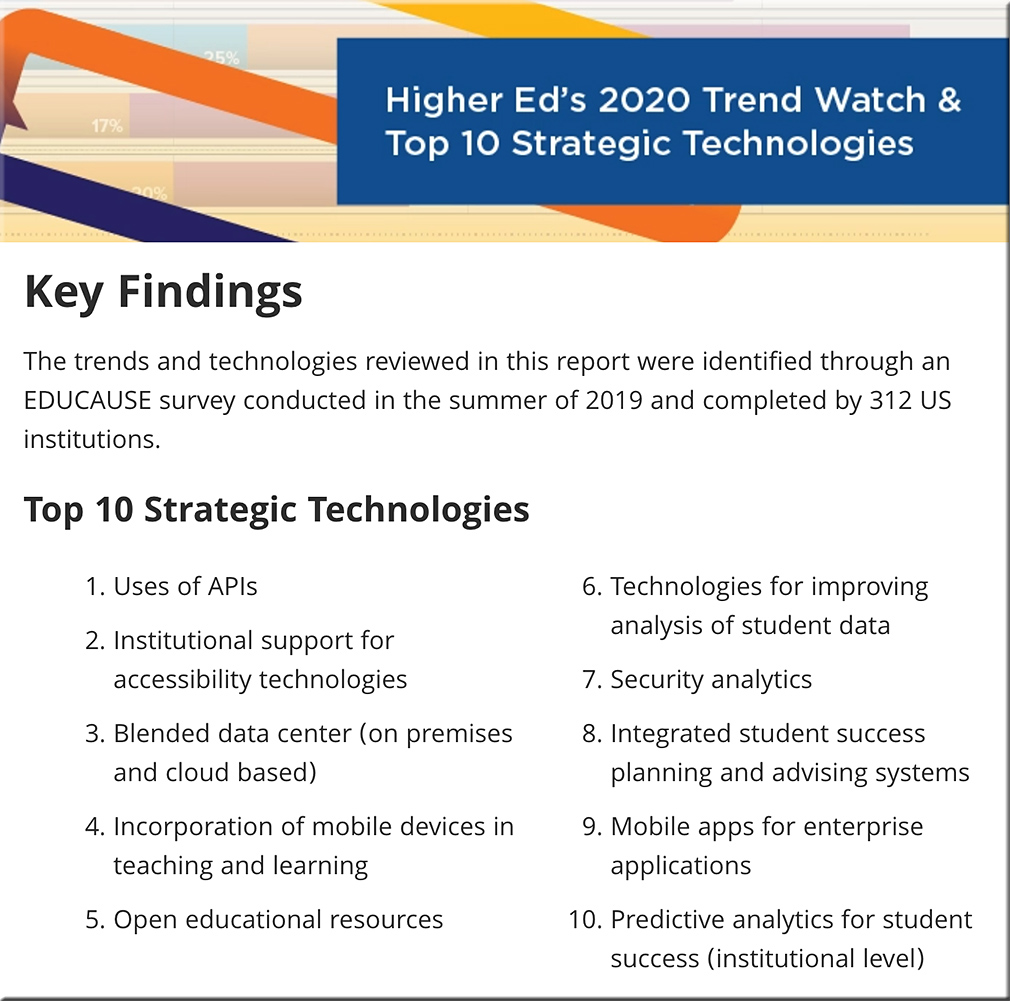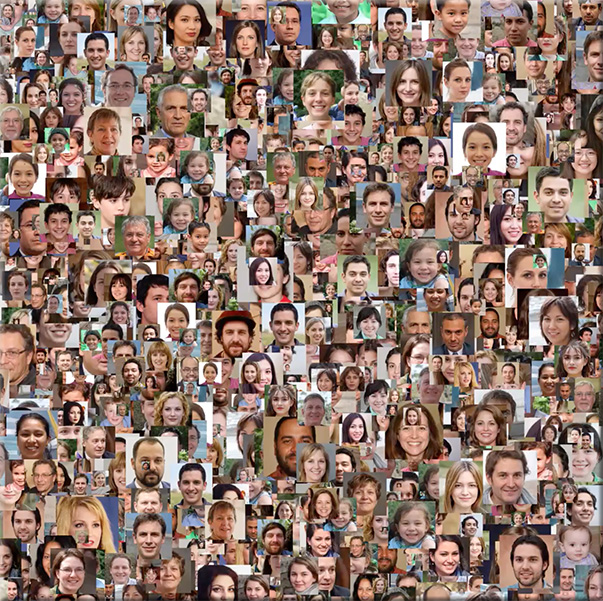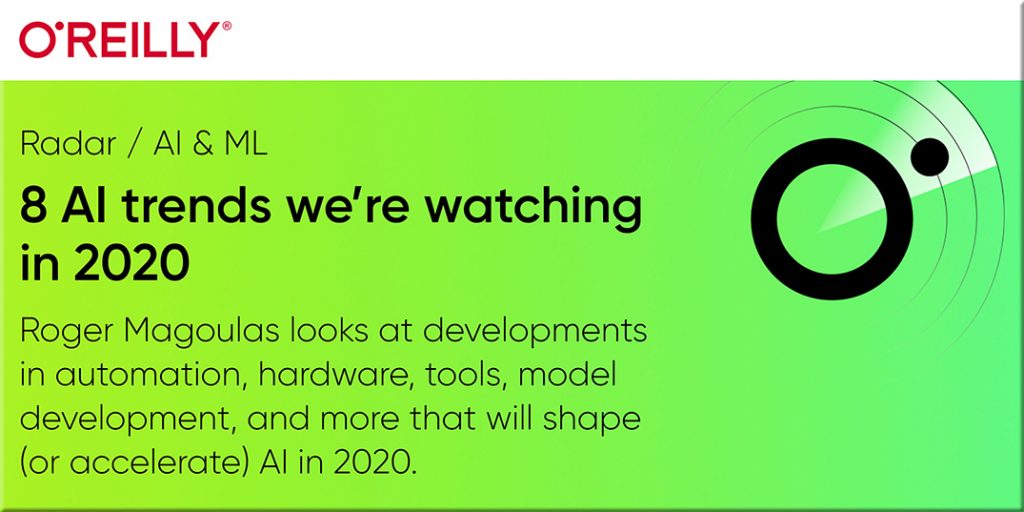From DSC:
As some of you may know, I’m now working for the WMU-Thomas M. Cooley Law School. My faith gets involved here, but I believe that the LORD wanted me to get involved with:
- Using technology to increase access to justice (#A2J)
- Contributing to leveraging the science of learning for the long-term benefit of our students, faculty, and staff
- Raising awareness regarding the potential pros and cons of today’s emerging technologies
- Increase the understanding that the legal realm has a looooong way to go to try to get (even somewhat) caught up with the impacts that such emerging technologies can/might have on us.
- Contributing and collaborating with others to help develop a positive future, not a negative one.
Along these lines…in regards to what’s been happening with law schools over the last few years, I wanted to share a couple of things:
1) An article from The Chronicle of Higher Education by Benjamin Barton:
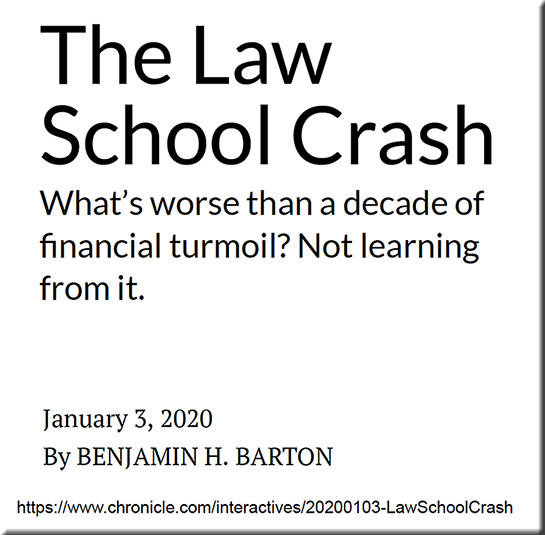
2) A response from our President and Dean, James McGrath: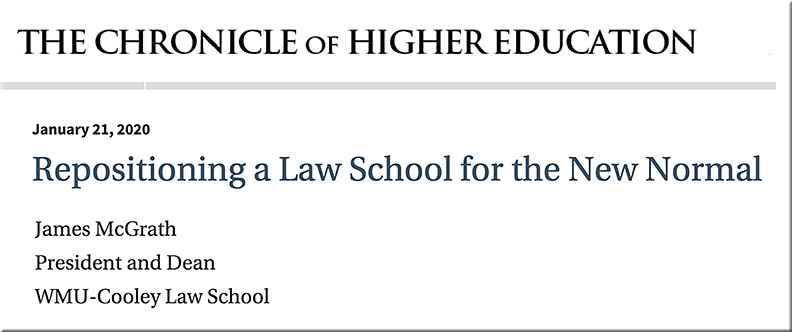
From DSC:
I also wanted to personally say that I arrived at WMU-Cooley Law School in 2018, and have been learning a lot there (which I love about my job!). Cooley employees are very warm, welcoming, experienced, knowledgeable, and professional. Everyone there is mission-driven. My boss, Chris Church, is multi-talented and excellent. Cooley has a great administrative/management team as well.
There have been many exciting, new things happening there. But that said, it will take time before we see the results of these changes. Perseverance and innovation will be key ingredients to crafting a modern legal education — especially in an industry that is just now beginning to offer online-based courses at the Juris Doctor (J.D.) level (i.e., 20 years behind when this began occurring within undergraduate higher education).
My point in posting this is to say that we should ALL care about what’s happening within the legal realm! We are all impacted by it, whether we realize it or not. We are all in this together and no one is an island — not as individuals, and not as organizations.
We need:
- Far more diversity within the legal field
- More technical expertise within the legal realm — not only with lawyers, but with legislators, senators, representatives, judges, others
- Greater use of teams of specialists within the legal field
- To offer more courses regarding emerging technologies — and not only for the legal practices themselves but also for society at large.
- To be far more vigilant in crafting a positive world to be handed down to our kids and grandkids — a dream, not a nightmare. Just because we can, doesn’t mean we should.
Still not convinced that you should care? Here are some things on the CURRENT landscapes:
- You go to drop something off at your neighbor’s house. They have a camera that gets activated. What facial recognition database are you now on? Did you give your consent to that? No, you didn’t.
- Because you posted your photo on Facebook, YouTube, Venmo and/or on millions of other websites, your face could be in ClearView AI’s database. Did you give your consent to that occurring? No, you didn’t.
- You’re at the airport and facial recognition is used instead of a passport. Whose database was that from and what gets shared? Did you give your consent to that occurring? Probably not, and it’s not easy to opt-out either.
- Numerous types of drones, delivery bots, and more are already coming onto the scene. What will the sidewalks, streets, and skies look like — and sound like — in your neighborhood in the near future? Is that how you want it? Did you give your consent to that happening? No, you didn’t.
- …and on and on it goes.
Addendum — speaking of islands!
Palantir CEO: Silicon Valley can’t be on ‘Palo Alto island’ — Big Tech must play by the rules — from cnbc.com by Jessica Bursztynsky
Excerpt:
Palantir Technologies co-founder and CEO Alex Karp said Thursday the core problem in Silicon Valley is the attitude among tech executives that they want to be separate from United States regulation.
“You cannot create an island called Palo Alto Island,” said Karp, who suggested tech leaders would rather govern themselves. “What Silicon Valley really wants is the canton of Palo Alto. We have the United States of America, not the ‘United States of Canton,’ one of which is Palo Alto. That must change.”
“Consumer tech companies, not Apple, but the other ones, have basically decided we’re living on an island and the island is so far removed from what’s called the United States in every way, culturally, linguistically and in normative ways,” Karp added.









